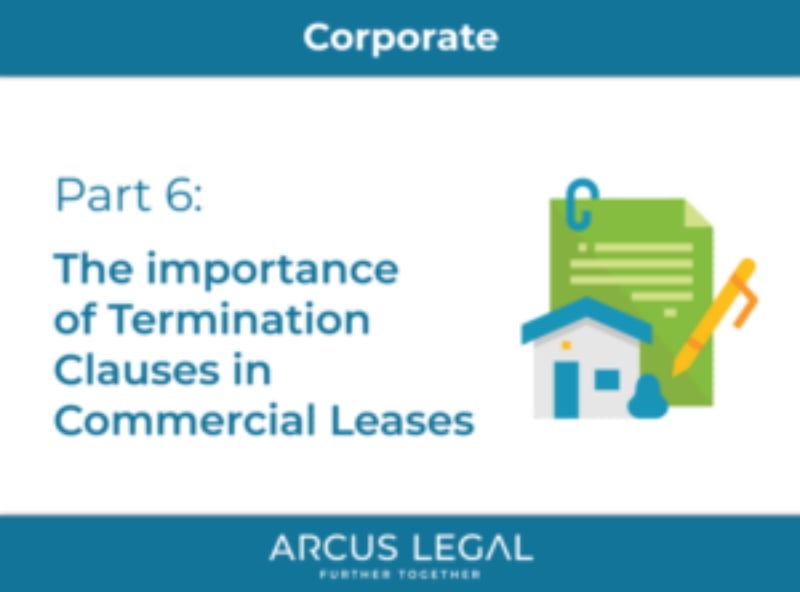
Commercial leases play a crucial role in establishing the relationship between landlords and tenants. However, many tenants in Nova Scotia may not be aware of the potential ramifications of signing a lease agreement without a termination clause. This essay serves as a cautionary tale, highlighting the risks and liabilities commercial tenants may face if their lease agreement lacks a termination clause.
1. Understanding the Termination Clause:
A termination clause in a commercial lease provides tenants with the right to end the lease agreement prematurely, subject to specific conditions or penalties as outlined in the clause. Without a termination clause, tenants may find themselves bound to the lease for the entire term, regardless of their circumstances or changing business needs.… [Read more]
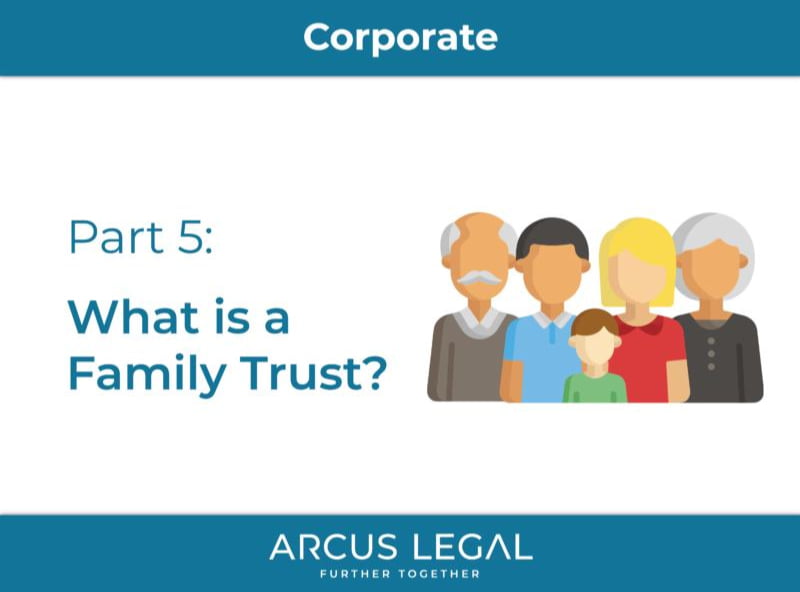
Family Trust is a legal arrangement in which a person, known as the settlor, transfers assets (such as money, real estate, or investments) to a trust that is managed by one or more trustees for the benefit of designated beneficiaries. The beneficiaries are typically family members, such as a spouse, children, or grandchildren.
In Nova Scotia, Family Trusts can be established as either an Inter Vivos Trust (created during the settlor’s lifetime) or a Testamentary Trust (created upon the settlor’s death through their Will). Family Trusts can offer various benefits, including:
1. Tax planning: A Family Trust can help minimize taxes under very specific circumstances and mostly in the case where there is a sale of an active business owned by the trust.… [Read more]
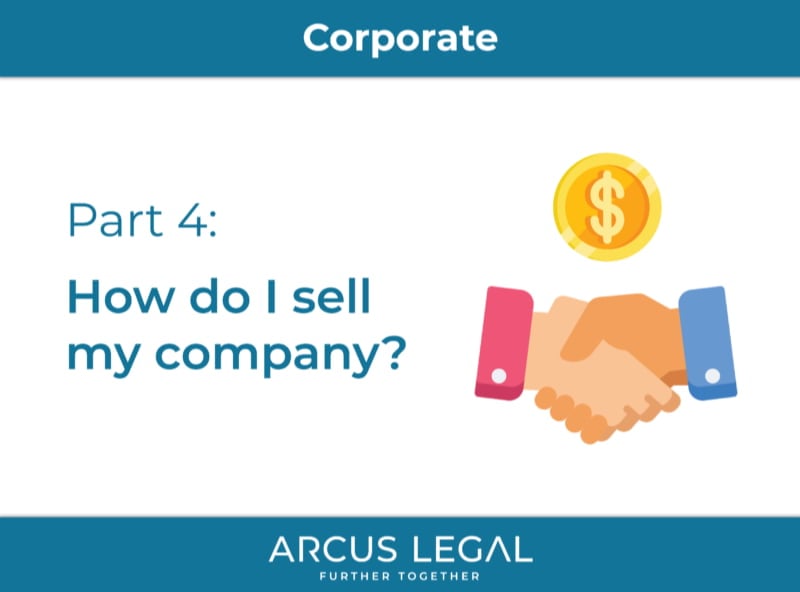
Selling your company in Nova Scotia involves several steps, and it is highly recommended to seek the guidance of a lawyer, accountant, or business advisor to ensure a smooth and successful transaction. Here is an outline of the process:
1. Prepare your business for sale: Before putting your company on the market, make sure it is in the best possible shape. This may include improving financial records, resolving outstanding legal issues, optimizing operations, and ensuring all necessary licenses and permits are up to date.
2. Get a Valuation: Determine the fair market value of your company. This can be done by consulting with a professional business valuator or using industry-specific valuation methods.… [Read more]
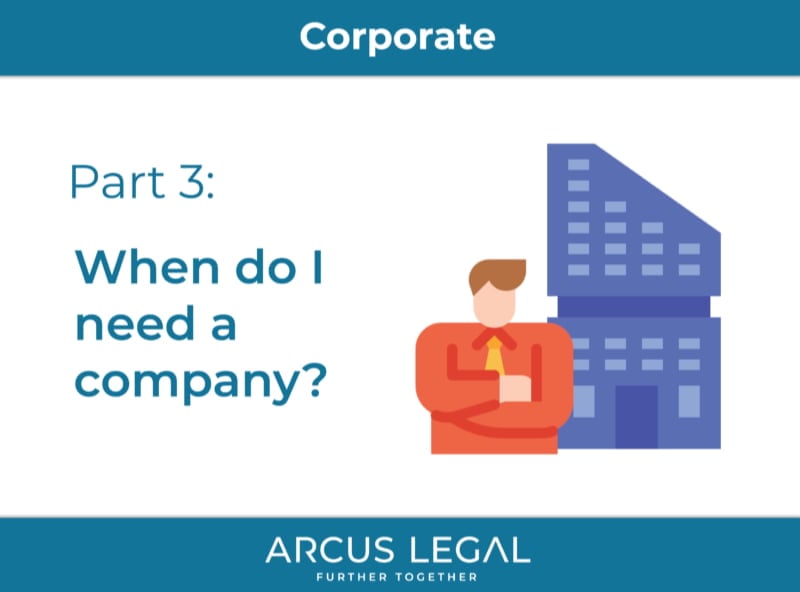
In Nova Scotia, you might consider forming a company for your business when:
1. Limited liability protection: You want to protect your personal assets from potential business debts and liabilities. By forming a company, the business becomes a separate legal entity, which means the owners (shareholders) are not personally liable for the company’s debts, except in cases of fraud or negligence.
2. Raising capital: If you plan to raise funds from investors or financial institutions, having a company structure can make it easier to attract investment. Investors often prefer to invest in a company because it provides a clear legal framework for ownership and profit distribution through shares.… [Read more]
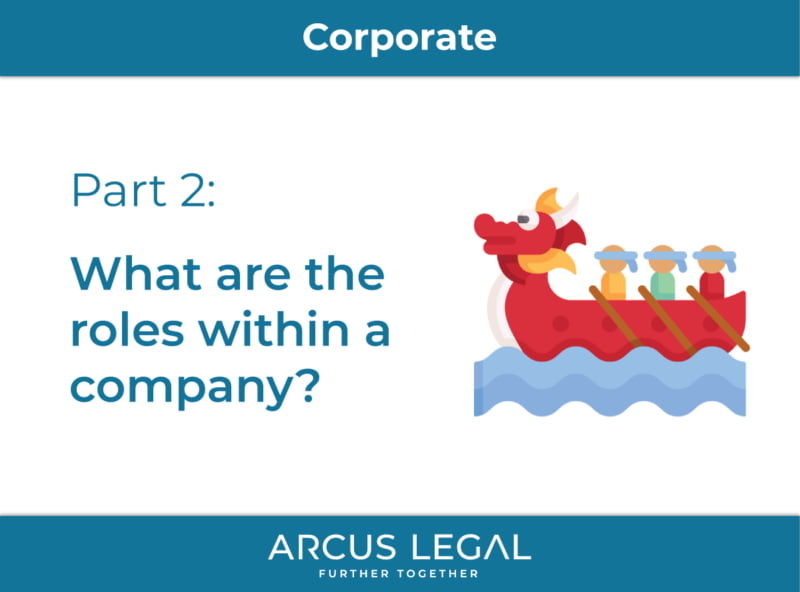
Let’s imagine a company as a big boat, and who has what roles:
Shareholders: The shareholders would be the people who put money into buying the boat. They own different parts of the boat depending on how much money they put in. They want the boat to go to places where it can make more money, like treasure islands. But, they usually don’t drive the boat, they just check on it from time to time.
Directors: Now, the boat needs someone to decide where it should go, that’s the job of the directors. They are like the ship’s captains.… [Read more]
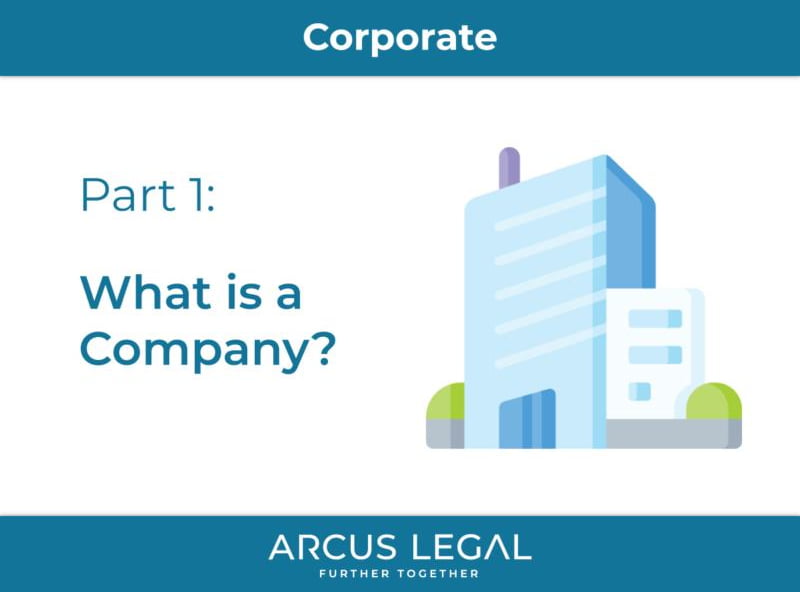
A company is a type of business organization that is formed to carry out specific activities, such as providing goods and/or services.
A company operates as a separate legal entity, meaning it has its own rights and responsibilities, separate from the people who own or manage it. The owners of a company are called shareholders, and they invest money into the business by buying shares, which represent a portion of the company’s ownership. In exchange, shareholders may receive a share of the company’s profits, called dividends. A company is managed by a group of people called directors, who make decisions on how the business should run.… [Read more]


Arcus Legal welcomes Mel Freeland as our newest Corporate Tax Paralegal. Mel joins us with over seven years’ experience working in corporate law. She has lived in Nova Scotia for most of her life and is looking forward to working with local small business owners. When not at work, she enjoys going for walks, listening to podcasts, and hanging out with her animal friends Dexter the cat (not to be confused Arcus Legal’s Co-Chief Canine Officer) and Morty the Akita (and his human).
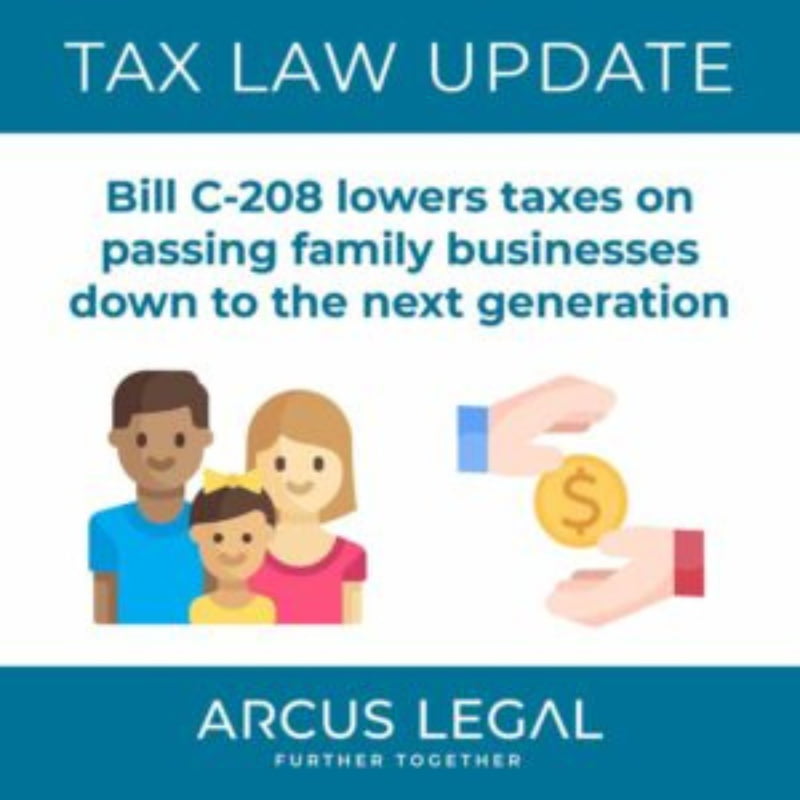
Owners of family businesses will gain new tax advantages from a bill that has just passed and is expected to come into effect shortly.
Currently, selling your business to a complete stranger gives you tax benefits that you would lose if you sold to a family member. Bill C-208 extends these benefits to cases where shares in an active business are transferred to a company that is owned by a child, grandchild, or sibling. The sale of shares would now be treated as a capital gain instead of a dividend, meaning you would be taxed at a lower rate and potentially be eligible for the lifetime capital gains tax exemption.… [Read more]

When your business is thriving, and you make more money than needed to cover your personal expenses, this is the time to consider incorporating your business (transferring your business to a company).
From a purely tax perspective, you do not want to be taxed on all your business income in your personal name. You are taxed more than 25% on the income from your business (It gets higher as you fall into higher income brackets), whereas your corporation will only be taxed 12% for the income earned in the corporation. That is a massive difference in dollars available for you to expand your business.… [Read more]